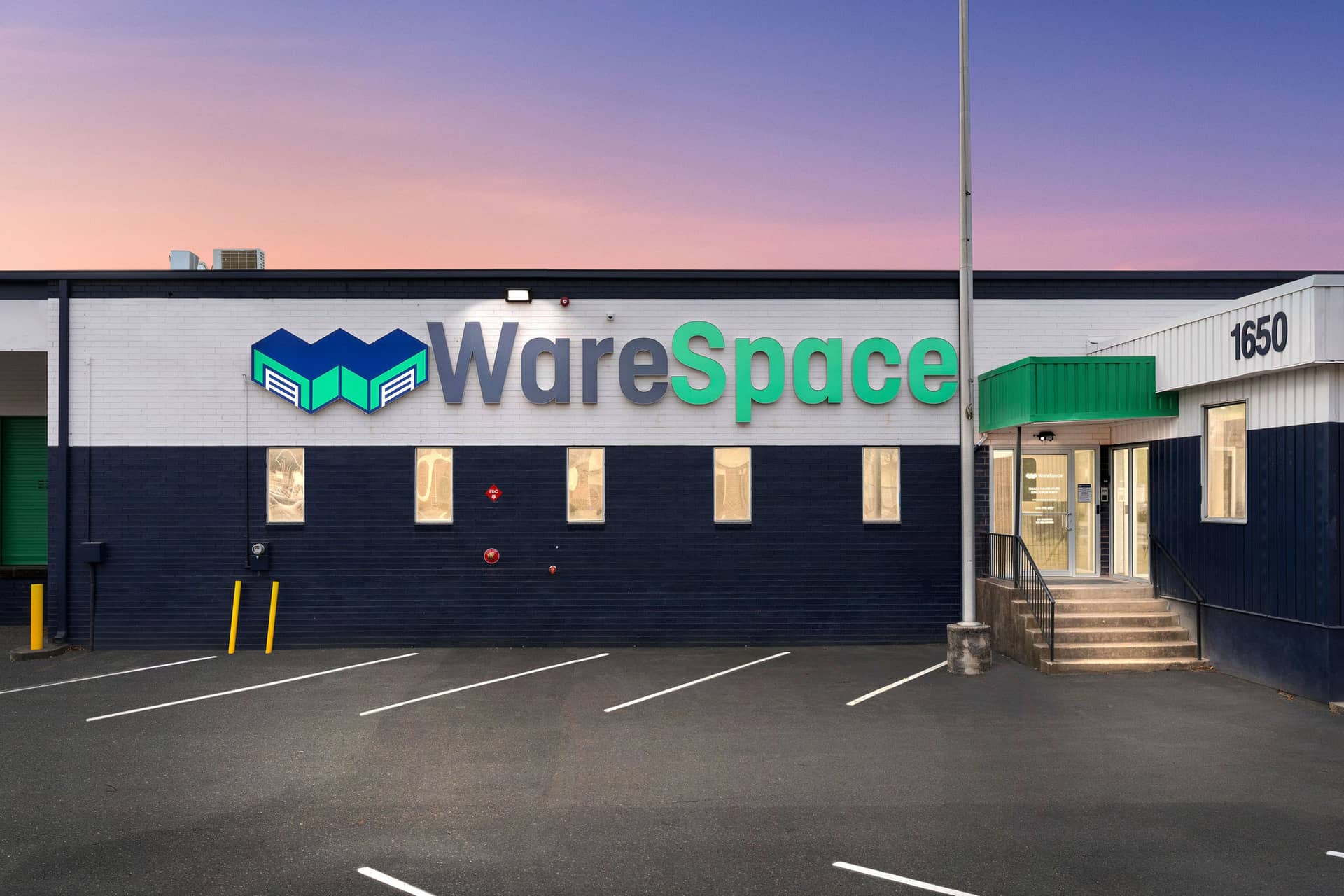Starting an eCommerce business in 2025 presents exciting opportunities for entrepreneurs ready to tap into high-demand markets. As online shopping becomes increasingly popular, businesses can leverage the convenience, reach, and flexibility that digital storefronts provide. eCommerce is especially appealing for small businesses due to its low startup costs compared to traditional retail. Entrepreneurs can reach a global customer base, operate 24/7, and enjoy flexible working conditions without the expenses associated with a physical storefront.
In this post, we will cover:
- Why eCommerce is a great choice for entrepreneurs in 2025
- What makes a successful eCommerce business idea
- The top 10 eCommerce business ideas for the upcoming year
What Makes a Successful Ecommerce Business Idea?
A successful ecommerce business idea meets the needs of its target audience while tapping into growing trends. Here are some key characteristics of a profitable eCommerce business idea:
- Strong Market Demand: High demand ensures there’s a sizable audience ready to purchase your products.
- Scalability: Look for product lines that can expand as you grow your business.
- Profit Potential: Ensure the profit margins are sufficient to cover costs and provide healthy net margins.
In 2025, expect to see continued demand for eco-friendly products, personalized shopping experiences, and subscription-based models. As consumers prioritize convenience and sustainability, ideas that meet these trends are well-positioned for success.
Criteria for Choosing the Best Ecommerce Business Idea
When selecting an eCommerce business idea, consider these key factors to ensure success:
- Market Demand: Ensure there’s substantial interest and a target audience actively seeking your product.
- Ease of Setup: Choose a business idea that aligns with your resources and can be launched with manageable setup requirements.
- Profit Potential: Focus on ideas with strong profit margins to cover operational costs and enable growth.
- Personal Interest or Expertise: Aligning with your skills or passions can keep you motivated and help add unique value to your business.
List of the 10 Best Ecommerce Businesses to Start in 2025
Need some inspiration? Here are the top ten best eCommerce businesses to start in 2025.
1. Print on Demand Store
Print on Demand (POD) is a business model where custom products – like t-shirts, mugs, and phone cases—are created only after an order is placed. This approach eliminates the need for inventory, as items are printed and shipped directly by a third-party provider.
- Why It’s Ideal in 2025: Consumers love unique, personalized products, and print-on-demand (POD) allows you to offer custom designs without large upfront costs.
- Getting Started: Sign up with a POD platform such as Printful, create designs, and connect with an eCommerce platform to start selling.
- Potential Challenges: POD is an increasingly competitive space, and shipping times depend on your supplier.
2. Subscription Box Service
Curate a selection of themed products and deliver them to subscribers on a regular basis, typically monthly. Subscribers enjoy the convenience and excitement of discovering new items, while businesses benefit from predictable, recurring revenue and increased customer loyalty.
- Why It’s Ideal in 2025: The subscription model is popular for its convenience and personalization, catering to consumers who love trying new things.
- Getting Started: Choose a niche (e.g., wellness, snacks), source products, and build a subscription model.
- Potential Challenges: Requires consistent sourcing of unique products and high retention rates.
3. Digital Products and Courses
Sell digital items like eBooks, online courses, and downloadable templates.
- Why It’s Ideal in 2025: Digital products have low production costs, high scalability, and cater to the growing online learning market.
- Getting Started: Create content around your expertise, set up an online store, and use digital marketing to advertise your offering.
- Potential Challenges: Requires time to develop quality content and build an audience.
4. Resale or Thrift Store
Sell pre-owned or vintage items online, catering to the demand for sustainable shopping.
- Why It’s Ideal in 2025: Thrift shopping is popular, especially among eco-conscious consumers, and inventory is often inexpensive.
- Getting Started: Source items locally, set up an ecommerce platform or Etsy store, and promote eco-friendly benefits.
- Potential Challenges: Finding quality items consistently can be difficult.
5. Health and Wellness Products
Sell wellness and health products, such as supplements or skincare products.
- Why It’s Ideal in 2025: Health-focused products continue to be in demand as people prioritize wellness.
- Getting Started: Research health trends, source reputable suppliers, and ensure compliance with regulations.
- Potential Challenges: Competition is very high compared to other niches, and you may face regulatory issues with some types of consumable products.
6. Customized Jewelry Store
Craft and sell personalized or unique jewelry pieces, handmade from your own designs or based on custom requests from customers.
- Why It’s Ideal in 2025: Customization appeals to buyers looking for unique gifts or self-expression, and consumers are increasingly looking to support small businesses.
- Getting Started: Design jewelry, set up a store on platforms like Etsy or Shopify, and focus on social media marketing to get your pieces in front of people.
- Potential Challenges: Managing custom orders, which often have shorter timelines attached, can be difficult at high volumes.
7. Pet Supplies and Accessories
Sell specialized pet products, such as organic treats, toys, or customized collars. Consumers are willing to part with a lot of money when it comes to treating their beloved pets.
- Why It’s Ideal in 2025: More and more people are getting pets, and people often prioritize quality for their pets.
- Getting Started: Identify a niche (like eco-friendly or breed-specific products), source items, and promote on pet-centered platforms.
- Potential Challenges: Larger brands dominate the pet supplies space, and shipping logistics can be a challenge for bulkier items such as dog beds.
8. Niche Clothing Boutique
Sell apparel that caters to a specific boutique style or demographic, such as sustainable or plus-size fashion.
- Why It’s Ideal in 2025: Niche markets often have more loyal customer bases looking for specific styles. Once someone finds a brand style they like, they’ll keep coming back.
- Getting Started: Use your own insight or conduct market research to find a boutique clothing niche worth going after, source clothes from supplies or POD platforms, and start selling on social media.
- Potential Challenges: Need for strong brand differentiation with more challenging logistics and inventory management.
9. Home Office or Workspace Products
With more people working from home, the home office niche is skyrocketing in demand. Sell products like ergonomic chairs and productivity tools.
- Why It’s Ideal in 2025: With remote work trends continuing, demand for home office improvements is high.
- Getting Started: Source popular office items, create a branded website, and target remote workers through LinkedIn or Facebook ads.
- Potential Challenges: High shipping costs for larger items which require larger, and hence more expensive, inventory storage spaces.
10. Eco-Friendly Household Products
Sell sustainable products like reusable straws, bamboo toothbrushes, and biodegradable bags.
- Why It’s Ideal in 2025: Increasing awareness of environmental impact makes sustainable products more appealing to everyday consumers.
- Getting Started: Source eco-friendly items, set up a storefront, and highlight sustainability benefits in marketing campaigns.
- Potential Challenges: Whilst most consumers would like to buy eco-friendly products, few are willing to pay more than the regular alternatives. Sourcing certified sustainable products can also be a challenge.
Tips for Growing and Scaling Your Ecommerce Business in 2025
Focus on Customer Experience
Providing an excellent customer experience is essential for long-term success. Offer easy return policies, quick delivery, and responsive customer service to retain loyal customers.
Using Data to Drive Growth
Analyze your sales, customer data, and marketing results to spot opportunities for growth. Data-driven insights can help refine your strategy and improve customer targeting.
Expanding Product Offerings
Consider adding related products to diversify your offerings and meet broader customer needs. Expanding your product range can boost sales and attract a wider audience.
Consider Automation Tools
Automation tools can streamline processes like inventory management, email marketing, and customer support, allowing you to focus on scaling your business efficiently.



 ►
Explore 3D Space
►
Explore 3D Space